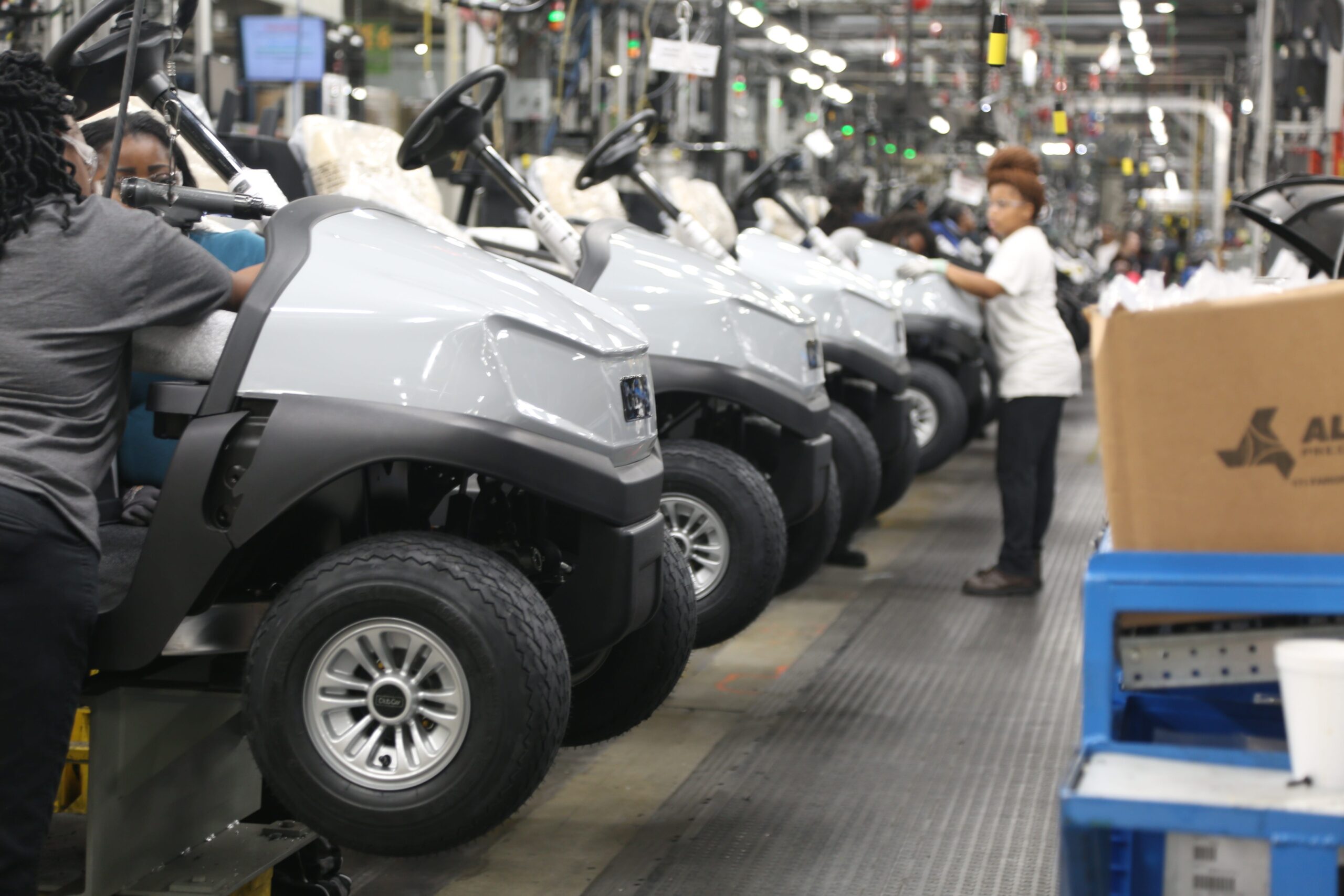
Where Are Club Car Golf Carts Made History and Manufacturing Locations
Curious where Club Car builds their renowned golf cart models? Discover the brand’s U.S. roots and global production footprint.
Origins and Evolution of Club Car
Club Car was founded in 1958 in Houston, Texas, by Bill Stevens and Harlan “Buzz” Pendergrass. Initially focused on creating lightweight aluminum-bodied vehicles for club and resort transportation, the company quickly became known for its reliable and durable designs. By the 1970s, Club Car expanded into electric drive systems for golf courses, leveraging advances in battery technology to offer quiet, emission-free operation.
In 1995, Club Car was acquired by Ingersoll-Rand, a diversified industrial manufacturer, which helped the brand scale production and introduce commercial utility vehicles. In 2021, private equity firm Platinum Equity purchased Club Car from Ingersoll-Rand, continuing investment in research and development of advanced electric propulsion and digital solutions for the golf cart brands market.
Who Builds Club Car Golf Carts?
Club Car golf carts are built by Club Car, LLC, headquartered in Augusta, Georgia. The company operates multiple manufacturing facilities in the United States, including:
- Augusta, Georgia: The primary assembly plant for both electric and gas-powered golf carts.
- Phoenix, Arizona: Production facility focused on commercial and industrial utility vehicles.
- Las Vegas, Nevada: Engineering and final assembly operations for specialized models and street-legal low-speed vehicles.
In addition to U.S. production, Club Car maintains a facility in Juárez, Mexico, which supplies vehicles for international markets. Quality control standards and engineering oversight remain centralized in the U.S. to ensure consistency across all production lines.
Are Club Car Golf Carts Made in the USA?
Yes, the majority of Club Car golf carts are manufactured in the United States. The Augusta, Phoenix, and Las Vegas plants employ thousands of workers and adhere to stringent U.S. manufacturing standards. Even vehicles assembled in Mexico use components sourced under Club Car’s U.S.-based supply chain program, ensuring that key parts and design processes meet American quality and safety regulations.
Club Car’s commitment to domestic production helps support local economies and provides rapid response to market demands. The company’s “Made in America” badge is a point of pride, reflecting decades of innovation and craftsmanship in the low-speed vehicle industry.
Key Manufacturing Milestones
- 1958: First aluminum-bodied Club Car vehicle produced in Houston.
- 1970s: Introduction of electric golf cart models.
- 1995: Acquisition by Ingersoll-Rand and expansion of production capacity.
- 2006: Launch of street-legal low-speed vehicles with DOT approval.
- 2021: Transition to Platinum Equity ownership with renewed focus on advanced electric technologies.
The Future of Club Car Manufacturing
Moving forward, Club Car is investing in automation, robotics, and digital connectivity to enhance production efficiency and product quality. New lines at Augusta will integrate advanced battery assembly and software calibration stations, enabling faster customization and deployment of both recreational and commercial golf cart models.
Club Car continues to lead the industry by blending traditional American manufacturing with innovative low-speed vehicle technologies, ensuring that each cart meets rigorous performance and safety standards.
Conclusion
Club Car golf carts, built primarily in Augusta, Phoenix, and Las Vegas—with supplemental production in Mexico—are a testament to American engineering and quality craftsmanship. With over six decades of experience, Club Car remains a top choice among golf cart brands, providing reliable, high-performance vehicles for courses, communities, and commercial applications worldwide.
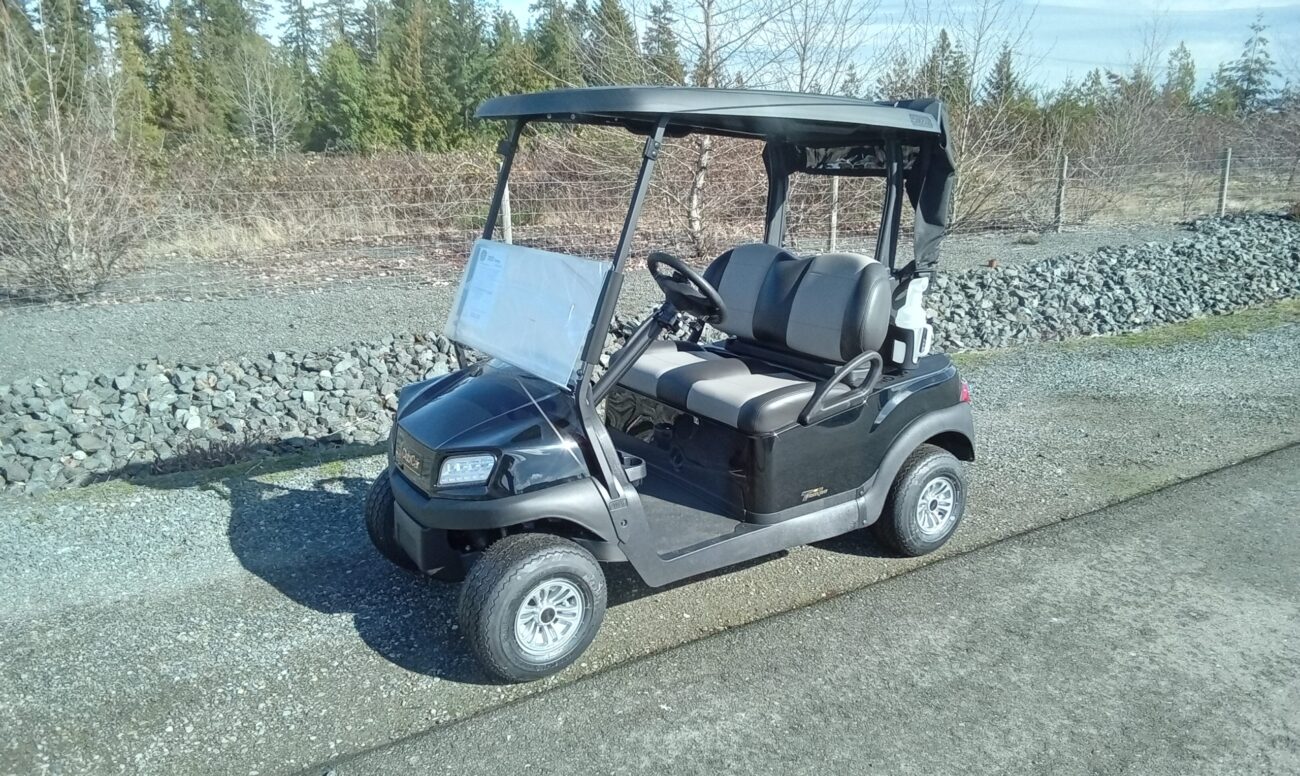
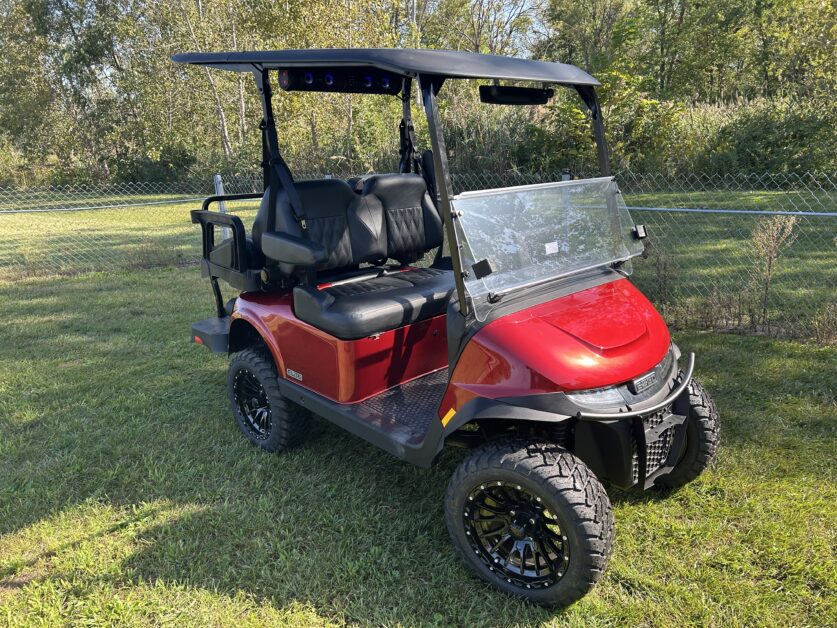
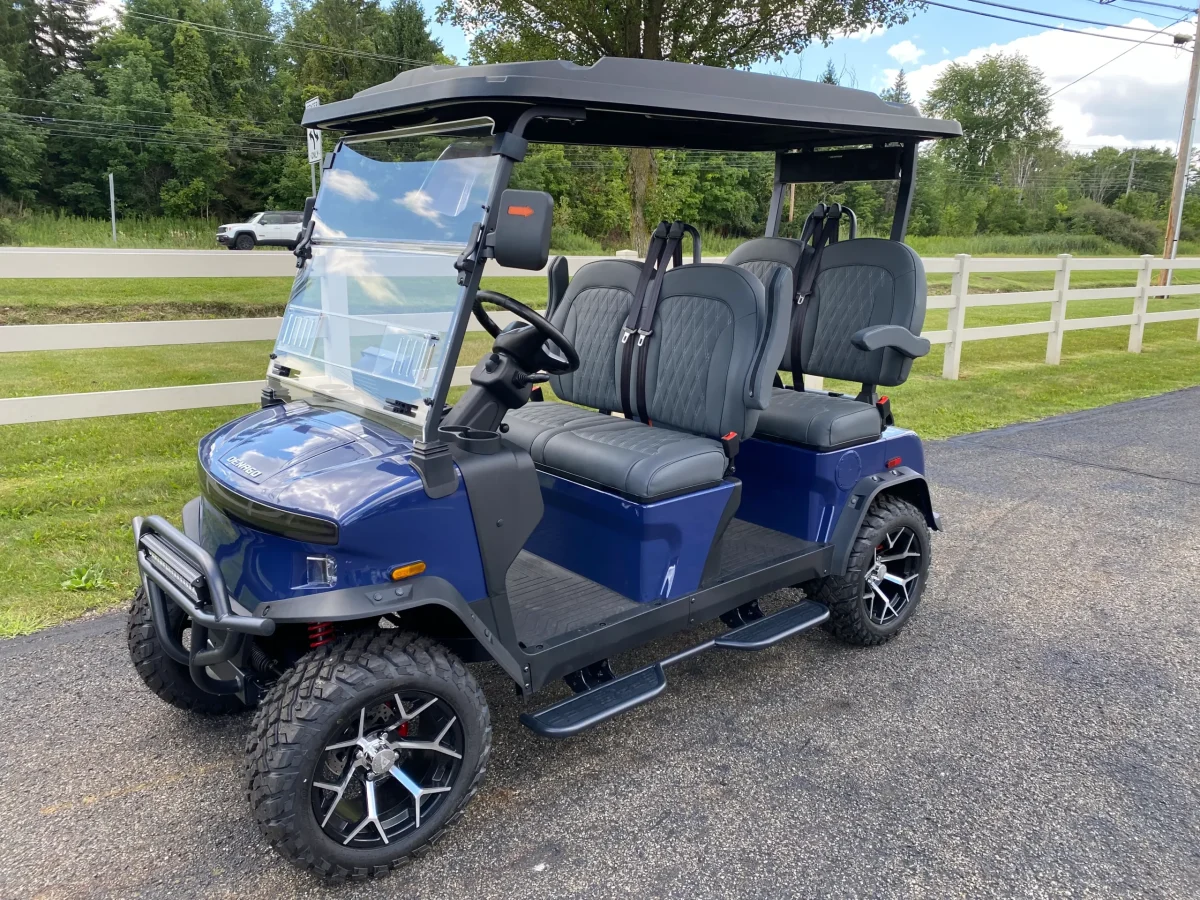
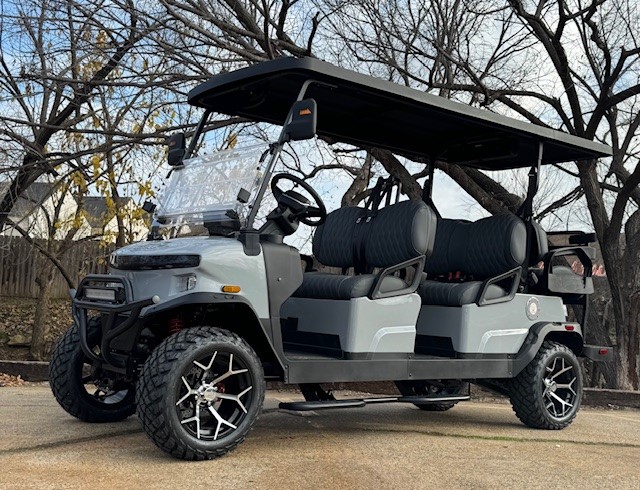
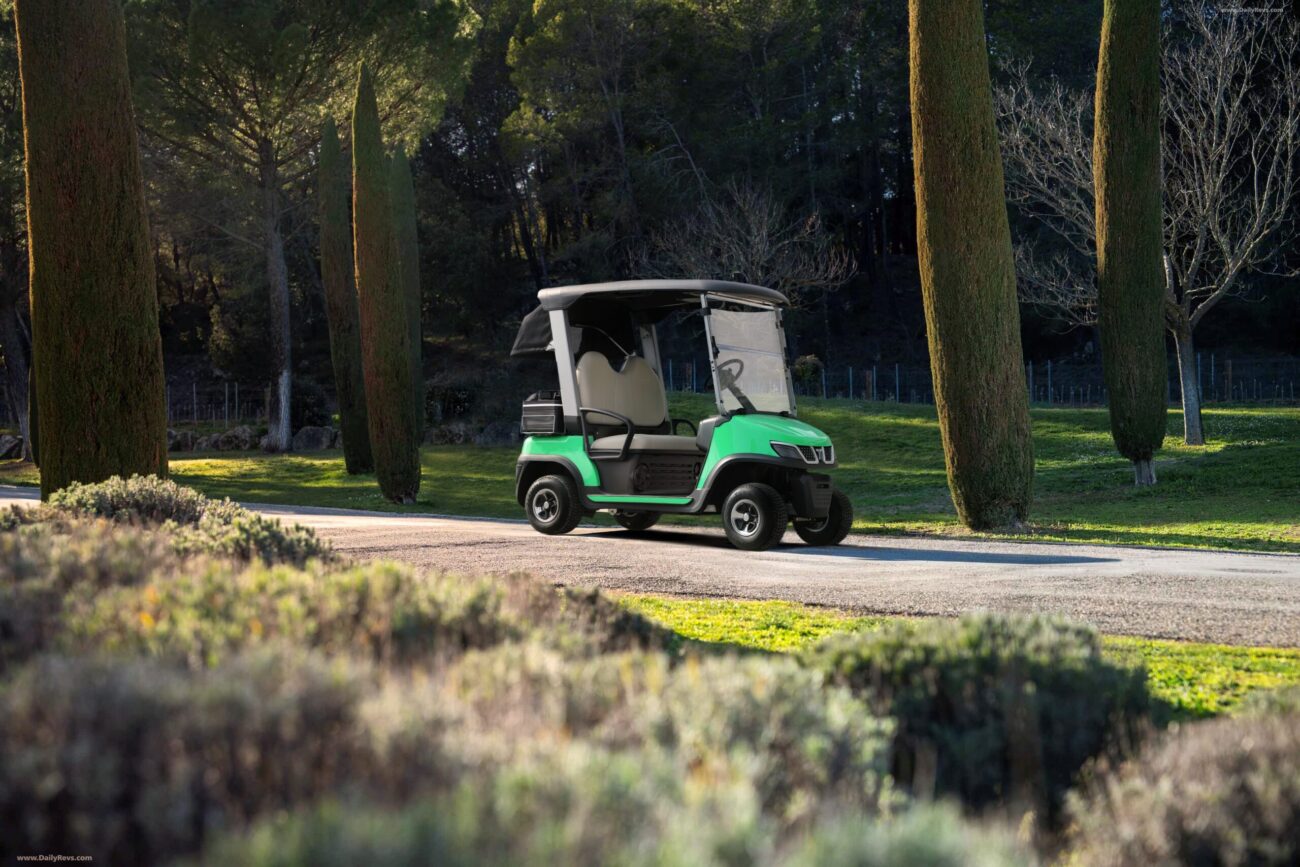
Add a review
Your email address will not be published. Required fields are marked *